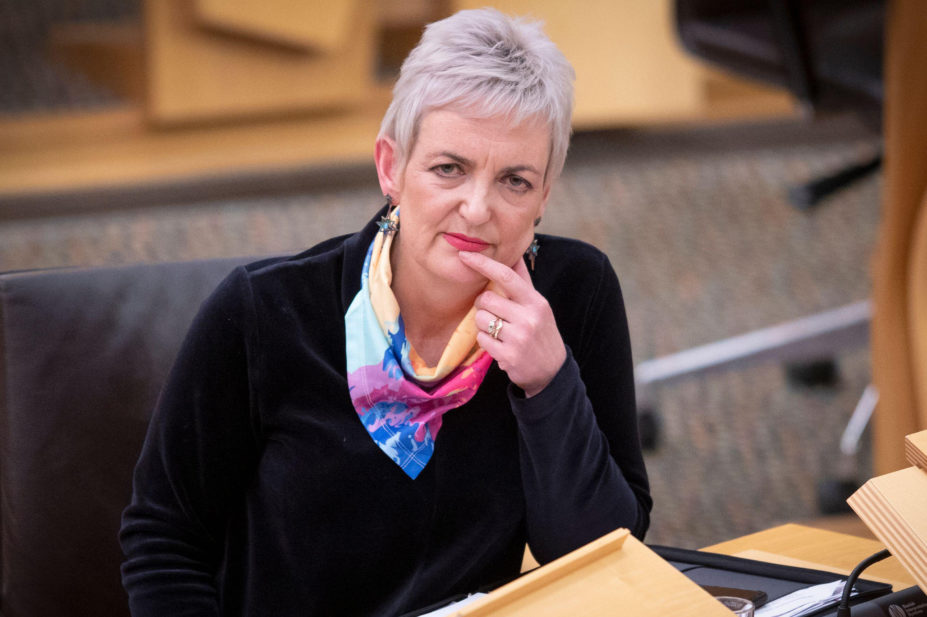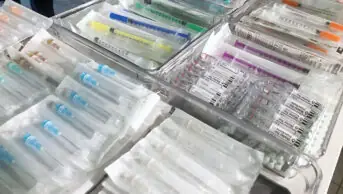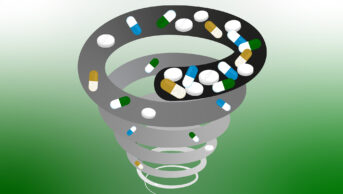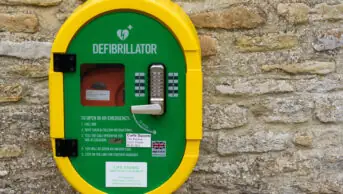
PA Images / Alamy Stock Photo
The number of drug-related deaths in Scotland fell by 8% in 2021, compared with the previous year, according to data from Police Scotland.
A quarterly report, published on 15 March 2022, said that between January and December 2021, 1,295 suspected drug-related deaths were recorded: 116 fewer deaths than the suspected 1,411 deaths recorded during the same period in 2020.
However, the report notes that “suspected drug deaths remain at a high level and there continues to be an upward trend over the period for which data is available”.
In 2018, there were 1,187 drug-related deaths recorded in Scotland: a figure that rose to 1,264 deaths in 2019. In response, the Scottish government established the Scottish Drug Deaths Taskforce in 2019 as a cross-sector group aiming to reduce the nation’s rising number of drug-related deaths.
The latest figures show that in 2021, men accounted for 73% of suspected drug deaths — a 3% decrease on 2020 — and more than two thirds (67%) of the suspected drug deaths were in people aged 35–54 years.
Responding to the latest report, Angela Constance, Scottish minister for drugs policy, said: “I know that despite this decline in the number of suspected drug deaths, the figure is still far too high and, as I have said before, there is much hard work to be done to turn this public health emergency around.
“Getting people into the treatment which works for them is key and we continue to embed the new medication-assisted treatment standards, which reinforce a rights-based approach for people who use drugs and the treatment they should expect regardless of their circumstances.
“We also aim to increase the number of publicly funded residential rehabilitation placements by more than 300% over the lifetime of this Parliament and I will also shortly be announcing a target to increase the number of people in treatment.”
Scotland currently has the highest number of drug-related deaths in Europe. Speaking to The Pharmaceutical Journal in September 2021, Constance said: “We [in Scottish government] see this as a public health emergency, but the UK government is looking at this through a criminal justice lens.
“In Scotland, there is a recognition in the criminal justice system that we can’t arrest our way out of a public health emergency or a drugs death crisis.”
Catriona Matheson was chair of the Scottish Drug Deaths Task Force from its inauguration in 2019 until December 2021. Commenting on the latest data, Matheson said that “this reduction in drug-related deaths is a welcome start to what we hope should be a downward trend.
“The last two years have been very difficult to bring meaningful change due to COVID-19 and the significant challenges for our frontline services. However, despite that, the strategy put in place by the Drug Deaths Taskforce is having an impact. Maximising naloxone use and introducing overdose response pathways has been key. The implementation of new medication-assisted treatment standards will take longer, but will have a high impact and ensure our most vulnerable people can access good quality treatment swiftly, when needed.”
Read more: Catriona Matheson – ‘I support decriminalisation of drugs for personal use’
1 comment
You must be logged in to post a comment.



Do these statistics reflect the way the death certificate is made out? In France, my wife died after "hitting the bottle" following the best part of a year in detoxification, but "alcohol addiction" did not feature on the certificate and I've been told it is rare there for any drug addiction to be listed, "cardiac failure" being the norm. Could this be the case elsewhere?